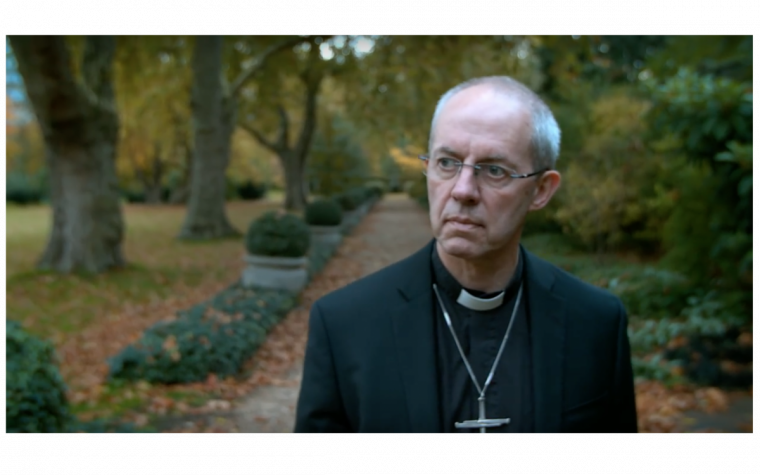Church of England criticised over its response to clergy abuse claims
The Church of England has been criticised for the way it responded to clergy abuse survivors.
Several abuse survivors have claimed contact with victims was cut by the Church on the advice of its insurer, Ecclesiastical. The insurance group have denied the allegation.

One independent reviewer said that for one victim, 'financial interests were allowed to impact practice', according to BBC News. The Church of England has said it was taking on board the criticisms, and endeavoured to separate its pastoral care from insurance matters.
One survivor, a middle-aged man named Gilo, told the BBC's Victoria Derbyshire programme that he had been raped by London clergyman the Rev Garth Moore in the 1970s. After several unsuccessful attempts made several attempts to contact the Church, they eventually examined his claim, and on the advice of Ecclesiastical reached a compensation settlement of £35,000.
However, Gilo claimed that after this was agreed, the Church cut all pastoral contact with him – he said this was on the advice of Ecclesiastical.
'I think because of the relationship that the Church has with the insurers, the pastoral response is so fused with the legal response it's really effectively led by the insurers,' Gilo said.
'When that insurer has got such significant presence of senior clerics on its board across the years, then you're into an area of moral responsibility.'
Ecclesiastical denied that contact was cut based on its counsel.
An independent review was undertaken by Ian Elliott, a child safeguarding specialist, who made similar criticism of the Church's relationship with its insurer. He said Ecclesiastical's advice had 'directly conflicted' with the Church's pastoral obligations.
'That's not the direction or advice that is compliant with a compassionate pastoral response which is the stated policy of the Church,' Elliott said.
Ecclesiastical's compliance director John Titchener protested that Elliot's report was based on 'factual inaccuracies', and said he had not been consulted in the investigation.
The Church of England however has accepted the criticism of the investigation, with Archbishop of Canterbury Justin Welby agreeing to take on its recommendations.
A Church of England spokeswoman said: 'The Church of England is absolutely committed to its pastoral response to alleged victims and survivors and published new guidance in 2015 emphasising that this needs to be separated as far as possible from the management processes for the situation, and from legal and insurance responses.
'That superseded all previous advice and ensures that the pastoral needs of survivors must never be neglected and pastoral contact can continue whatever legal issues exist.'
Ecclesiastical gave the following statement to Christian Today following the BBC broadcast.
'We have great sympathy for the survivors who have suffered such awful abuse and it is hugely disappointing that their view of us has been damaged by factual inaccuracies relating to our company in the Elliott Report,' the statement said.
'The assertions in the Report misrepresent the facts and we have the documentary evidence to prove it. We were not asked to participate in this review and were not given the opportunity to set the record straight. Contrary to what the Elliott Report claims, we did not advise the Church of England to withdraw pastoral care from the survivor. We have always been clear that pastoral care and counselling can and should continue in parallel with an insurance claim.
'We are an independent insurer that is authorised and rigorously regulated in the same way as any other insurer. We are entirely independent of the Church of England. Like other companies, we have representatives of our customer groups on our Board, from heritage, charity and the arts, as well as one cleric. As a non-executive director, she has no operational involvement in the day to day running of the company.
It added: 'We are renowned for the care and empathy we demonstrate in handling and investigating claims, and this approach is embodied in our own Guiding Principles for the handling of PSA claims, which have been praised by survivors' lawyers.'











